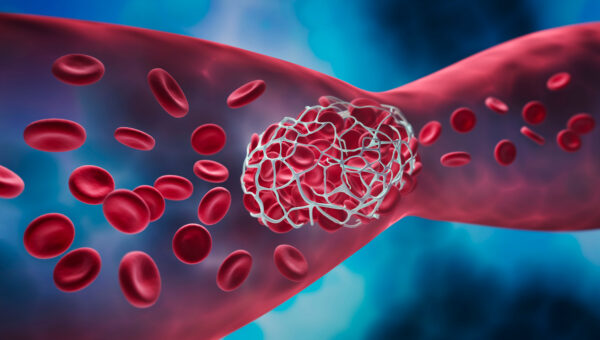A flexible body may accompany flexible blood vessels, says Japanese author

A recent study shows that there is a strong relationship between stiffness and the hardening of blood vessels.(Fotolia)
As people age, their blood vessels will gradually harden, potentially leading to strokes and heart attacks. With age, many people also find they become less flexible. Most don’t make a connection between the two conditions, however.
Recent research by Motoyuki Iemitsu, a professor at the College of Sport and Health Sciences at Japan’s Ritsumeikan University, suggests there is a strong relationship between age-related stiffness and arteriosclerosis—the thickening and hardening of blood vessels.
A Dec. 15 article published on the website of Toyo Keizai, a Japanese publication, introduced a recent book by Iemitsu called “Blood Vessels are Stronger When the Body Is Soft.” In the book, published in October (there is no English translation available at this time), Iemitsu advises regular stretching of the lower body to prevent arteriosclerosis and the conditions that stem from it.
Iemitsu studied 132 people over 60. He divided them into “stiff” and “soft” body groups and measured the stiffness of the arteries in each group. His findings showed that the “soft” body group showed fewer signs of age-related arteriosclerosis.

Iemitsu gives the example of a rubber hose. Strong, shiny, and flexible when new, with time a rubber hose begins to harden, becomes brittle, and cracks. Similarly, as people age, blood vessels become stiff, brittle, and less flexible. When that happens, symptoms such as high blood pressure and cold intolerance occur.
When blood pressure hits hardening blood vessels, it damages the cells inside the blood vessels and causes inflammation. It also forms a porridge-like substance called plaque, which slows the passage of blood and forms clots, causing blood vessel blockage or rupture. The term for this build-up is atherosclerosis.
Because blood pressure is proportional to the degree of atherosclerosis, it is a barometer of the condition, according to Iemitsu.
Arteriosclerosis, on the other hand, may be hard to detect, because the blood vessels themselves do not feel pain.
However, scientific data shows that age-related stiffness and arteriosclerosis are positively correlated. If you can’t touch your toes when you bend forward, take note: it may be a sign that you have hardening of the arteries.
Another indicator of arteriosclerosis may be cold intolerance, according to Iemitsu. Brachial-ankle pulse wave velocity (baPWV) is used to measure arterial stiffness. Iemitsu found that a higher baPWV correlates to a greater degree of cold intolerance. In other words, baPWV is proportional to the degree of vascular sclerosis and inversely proportional to the inner diameter of blood vessels.
Iemitsu’s research indicates that if stretching conditions the body, it can also tone blood vessels. Regular stretching exercises increase muscle flexibility and are effective in softening blood vessels.
Further, because 70 percent of the human body’s muscles are gathered in the lower body, lower-body exercise is particularly important. “Exercising and stretching large muscles and thick blood vessels” in the lower body can improve arteriosclerosis, according to Iemitsu.
The findings are significant for middle-aged or elderly people who want to protect their heart health but may not be able to tolerate a rigorous program of aerobic exercise.
To reduce the incidence of cardiovascular and cerebrovascular diseases, Iemitsu advises patients to incorporate a regular stretching regimen into their daily lives. He also suggests they eat less salt and more vegetables, stop drinking and smoking, and reduce stress as much as possible.